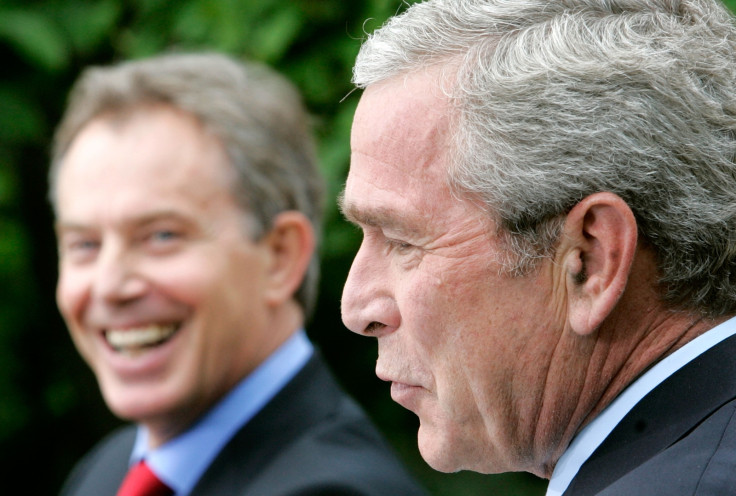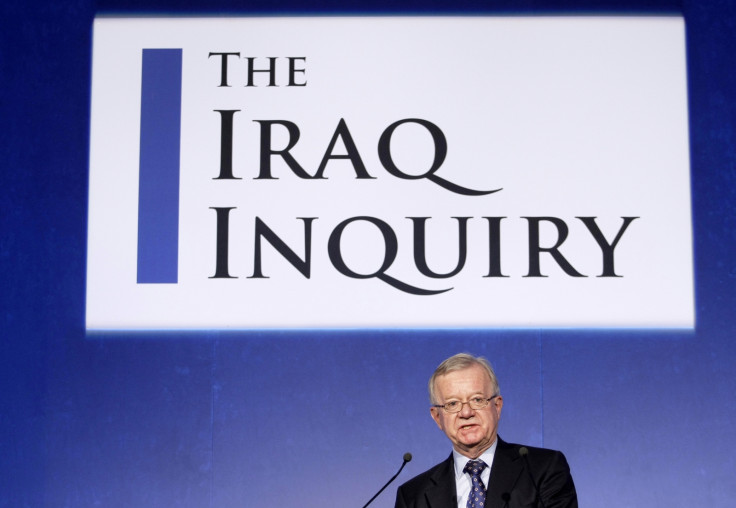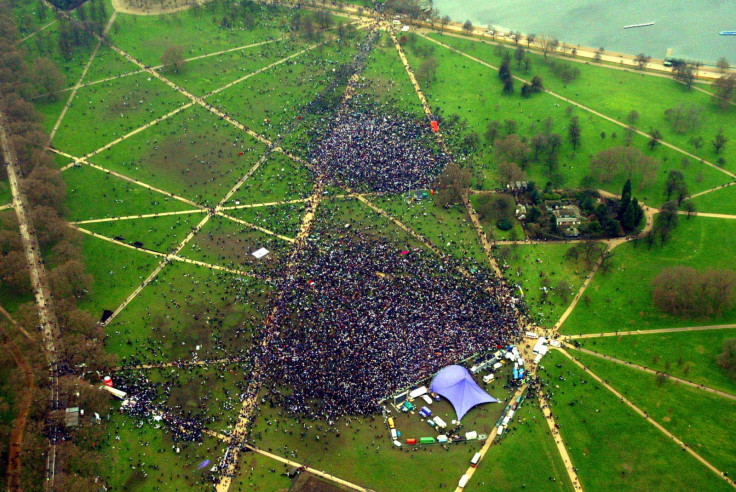Iraq Inquiry: Sir John Chilcot says that 'careful analysis needed in future' before war
The long-awaited report into the 2003 Iraq war will be published on Wednesday 6 July, 2016.
Sir John Chilcot has said that the main lesson that should be learned from the UK's role in the 2003 Iraq war is that "careful analysis and collective political judgement" is needed before any future military action can be sanctioned.
On Wednesday (6 July), the Iraq Inquiry is set to be published seven years after former prime minister Gordon Brown launched the probe. The report is said to be comprised of 12 volumes amounting to 2.6m words.
The inquiry will investigate the UK's decision to go into war in Iraq in 2003 as an ally of the United States. Chaired by the retired senior civil servant, the report is estimated to have cost over £10m with the families of 179 Britons who died in Iraq between 2003 and 2009 hoping for answers.
Chilcot has examined the political decisions made by many such as former prime minister Tony Blair, who was in power from 2001 to 2009 and led the UK to war.
It will look at whether British troops were sufficiently prepared, what the military action was and whether there was adequate planning for the aftermath.

The key point of the report is to identify "lessons that can be learned", so governments can act accordingly in future. When speaking to the BBC on the eve of its release, Chilcot told the BBC that individuals and institutions would be criticised.
Chilcot said: "The main expectation that I have is that it will not be possible in future to engage in a military or indeed a diplomatic endeavour on such a scale and of such gravity without really careful challenge analysis and assessment and collective political judgement being applied to it.
"There are many lessons in the report but that probably is the central one for the future."
The UK's participation in the invasion of Iraq in March 2003, eventually toppled the regime of Saddam Hussein. The decision to begin the war has proved to be one of the most controversial in recent British history.

At the time, an anti-war motion was defeated in the Commons by 396 to 217, a majority of 179, despite a Labour rebellion. Military action was launched in Iraq without explicit authorisation from the United Nations – posing the question was the invasion legal?
Most controversially though, was the reasons that Blair gave to the nation for going to war. He had said that it was to remove chemical and biological Weapons of Mass Destruction that were never found in Iraq.

The report was due to have taken one year but after more than 100 witnesses, including Blair, it took longer than the whole duration of World War Two. Chilcot defended the timing saying that it had been a "massive undertaking".
Ahead of the verdict, Valerie O'Neill, whose son Kris, a British medic was killed in Basra in 2007 in an IED attack, said that Blair should be put on trial in the Hague over his decision to send British troops into Iraq.
O'Neill told the IBTimes UK: "Tony Blair has to answer for his actions, whether it is in a court of war here or in The Hague. He can't just walk away and say sorry [...] and go off to his merry life and all his millions. No. In my opinion he should be in the Hague, on war crimes [charges]."
© Copyright IBTimes 2025. All rights reserved.






















